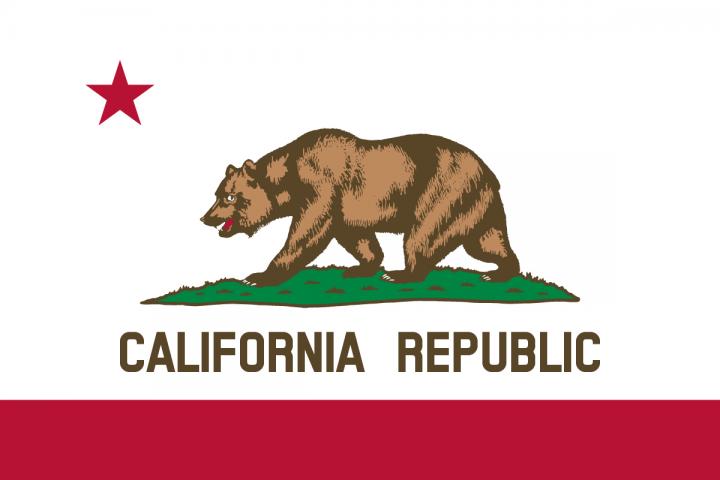Watch our webinar, Let's Talk About Caste.
LISTEN: THAT'S SO HINDU
The best solution to caste discrimination in the US? Existing law.
National origin, ancestry, and ethnicity have been interpreted as protecting against discrimination on the basis of birthplace, ancestry, culture, or linguistic characteristics — all of which are social markers associated with the various theories about caste.
There's no universal definition of caste
Caste is one of the most complicated and misunderstood concepts encountered when attempting to understand India and Hinduism. Part of the challenge is that there is no universally accepted definition nor is there a uniformly held understanding of it.
The racist history of the caste system
The idea of an Indian caste system, as an unchanging, oppressive, and hereditary social hierarchy that is religiously mandated by and for Hindus, is the product of European conceptions about Indians and Hinduism.
Caste in India and caste in the US: What we’ve learned from latest two surveys
According to the Pew survey, slightly more than 80% of all Indians, regardless of their caste, say they have not personally faced discimination based on their caste in the year prior to taking the survey.
This is particularly notable considering that, apart from the Jain community, 70% of the Indian population is designated as Scheduled Caste (SC/Dalit), Scheduled Tribe (ST), and Other/Most Backward Caste (OBC), all of which would seem to be experiencing significant, persistent discrimination based on the manner in which caste dynamics are reported on by Western and English language media.
How Hinduism influenced popular personality assessments
Hindu texts and ideas about human psychology largely influenced Swiss physician, Dr. Carl Jung and his understanding of personalities and pathways to knowledge and how this leads to an evolved society where all have designated expertise.
5 reasons that caste cannot be equated with Hinduism
The next time it is claimed that Hinduism is solely and unalterably associated with caste, it is worth recalling these above inconvenient facts: all South Asians have social and community identities that are often referred to as caste; Hindus themselves are less community-oriented when they leave the village and much less so when they join the religion by adoption, and fundamental Hindu texts and teachings neither associate core insights with caste.
Hindu teachings about spiritual equality and mutual respect
Hinduism teaches that the Divine is equally present in all. Because all beings are connected through this shared divine presence, prejudice and discrimination against anyone violates this most profound and fundamental teaching and the moral duties of selflessness, non-injury, and truth evoked by it.
Hindu leaders' reflections on Oneness
How is Hinduism’s teaching about Oneness relevant in the modern world? Find out from some of the Hindu tradition’s most widely respected spiritual teachers.
Ending casteism doesn't require eradicating Hinduism
For Hindus, Hinduism, with its emphasis on the universality of divinity and its ability to lift us above our base weaknesses, is in fact the philosophy to move us forward towards social justice, not a cancer to be cut out of the movement entirely
Not caste in color: Dispelling myths in our classrooms
There is a perception among many in the West that colorism (and even racism) is somehow a product of caste, and that the contemporary view of social stratification within India is somehow linked to skin color. More alarmingly, some scholars have even made ludicrous claims that social stratification by skin color is somehow inherent within Hinduism.
Saying caste is linked to Hinduism leads to bullying of Hindu students
Of the Hindu students responding to our survey, those who reported an intense focus on caste in the classroom were up to 2.6 times as likely to report being bullied for their faith. This was a statistically significant finding.

































